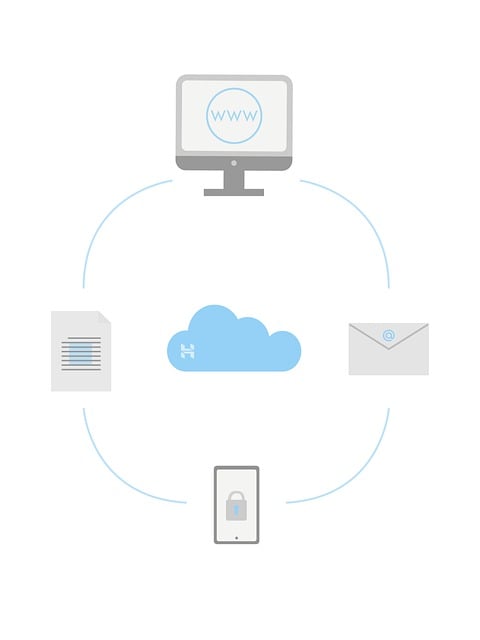The Importance of Backups in Web Hosting
Having a reliable and secure backup system in place is essential for any web hosting service.
A backup serves as a safety net in the event of a catastrophic failure, allowing you to restore your website and resume operations with minimal downtime.
In this blog, we’ll explore the importance of backups in web hosting and how they can help you protect your data and ensure the availability of your website.
Why You Need Backups for Your Web Hosting
There are many reasons why backups are important for web hosting.
Here are a few of the most critical ones:
- Protect Your Data
Your website likely contains important information and data that you cannot afford to lose.
This could include customer information, financial data, product information, and more.
Backups ensure that you can recover this data in the event of a disaster, such as a server crash or a hacker attack.
With a backup in place, you can restore your website to its previous state and keep your business running smoothly.
- Prevent Downtime
Downtime can have a significant impact on your business.
When your website is down, you’re losing potential customers and revenue.
Backups can help you minimize downtime by allowing you to quickly restore your website in the event of a failure.
The faster you can restore your website, the quicker you can get back to business as usual.
- Compliance Requirements
For businesses operating in regulated industries, such as finance or healthcare, there may be compliance requirements for maintaining backups.
These regulations ensure that sensitive data is protected and can be recovered in the event of a disaster.
By having a robust backup system in place, you can ensure that you meet these requirements and protect your business from potential penalties.
Types of Backups in Web Hosting
There are several types of backups that you can use to protect your website and data.
Here are some of the most common:
- Full Backup
A full backup is a complete copy of your website, including all files, databases, and configurations.
This type of backup is ideal for restoring your entire website, as it includes everything you need to get back up and running.
- Incremental Backup
An incremental backup only includes the changes made since the last backup.
This type of backup is more efficient in terms of storage space, as it only saves the changes rather than the entire website.
However, restoring an incremental backup requires access to the full backup, as well as all previous incremental backups.
- Differential Backup
A differential backup is similar to an incremental backup, but it only includes the changes made since the last full backup.
This type of backup is more efficient in terms of storage space compared to full backups, but restoring it still requires access to the full backup.
- Daily Backup
A daily backup is a backup that is performed daily.
This type of backup is ideal for websites that are frequently updated and need to be protected from daily changes.
- Weekly Backup
A weekly backup is a backup that is performed once a week.
This type of backup is ideal for websites that are less frequently updated and need to be protected from weekly changes.
How to Choose the Right Backup Solution for Your Web Hosting
With so many backup options available, it can be difficult to determine which one is right for your web hosting.
Here are a few factors to consider when choosing a backup solution:
- Data Size
The size of your website and the amount of data you need to protect will impact the backup solution you choose.
For large websites with a lot of data, you may need to consider a solution that offers incremental or differential backups to save on storage space.
On the other hand, if you have a small website, a full backup may be sufficient.
- Frequency of Updates
The frequency of updates to your website will also impact the backup solution you choose.
If your website is updated frequently, you may want to consider a daily backup solution to ensure that your data is protected on a daily basis.
If your website is less frequently updated, a weekly backup may be sufficient.
- Cost
Cost is always a consideration when choosing a backup solution.
Some backup solutions are free, while others can be quite expensive.
Be sure to consider the cost of a backup solution and whether it fits within your budget.
- Ease of Use
Finally, consider the ease of use when choosing a backup solution.
You want a solution that is easy to set up and use, so you can quickly and easily restore your website in the event of a failure.
Conclusion
Having a reliable and secure backup system in place is essential for any web hosting service.
Backups can help you protect your data, prevent downtime, and meet compliance requirements.
With so many backup options available, it’s important to choose the right solution for your web hosting needs.
By considering factors such as data size, frequency of updates, cost, and ease of use, you can ensure that you have the right backup solution in place to protect your website and keep your business running smoothly.
